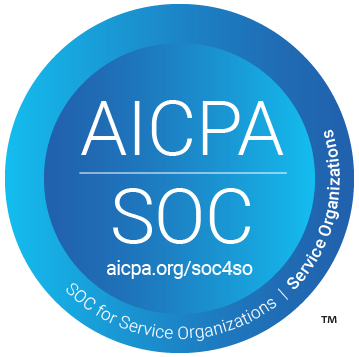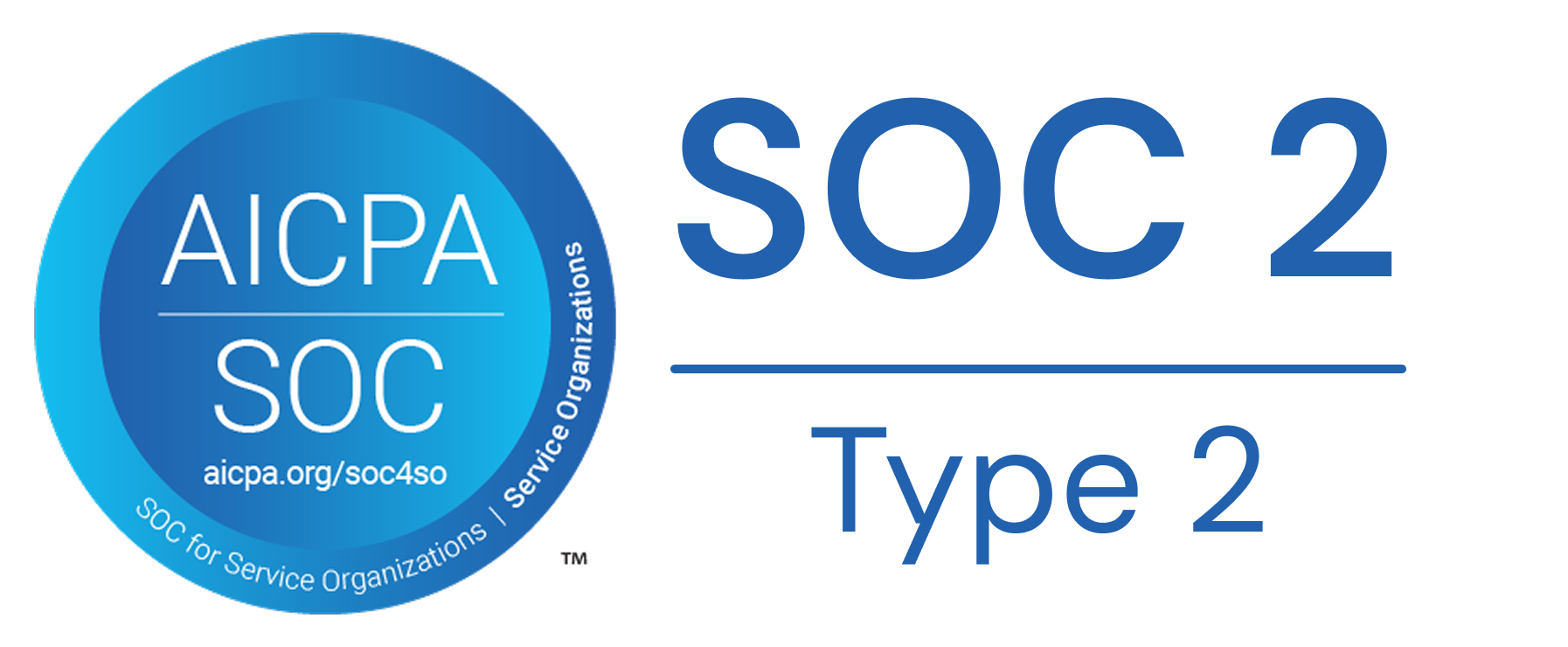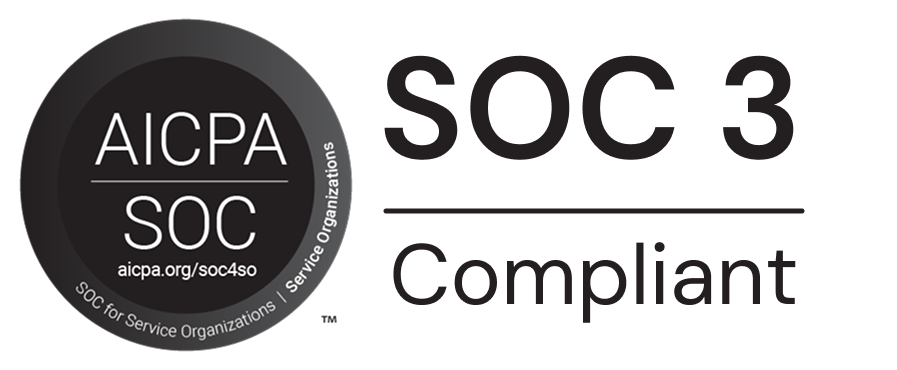The O-1 visa is a highly sought-after, non-immigrant visa for individuals who possess extraordinary abilities in their field. It is designed for those who have demonstrated exceptional talent and recognition in the arts, sciences, education, business, or athletics and those who have achieved extraordinary acclaim in the motion picture and television industry. The O-1 visa provides a temporary pathway for these individuals to work in the United States. Let's explore the world of 'extraordinary ability' and break down everything you need to know about this prestigious visa category.
What is the O-1 Visa?
The O-1 visa is designed for individuals who have demonstrated extraordinary ability or achievement in their field. It's like the VIP pass of the visa world, recognizing those who are at the top of their game.
Types of O-1 Visas:
- O-1A: For those in sciences, education, business, or athletics
- O-1B (Arts): For artists
- O-1B (MPTV): For those in the motion picture and television industry
Let's break down each type:
O-1A: The Einstein Visa
Who it's for: Scientists, educators, business leaders, and athletes who are among the crème de la crème in their field.
What you need to prove: That you're part of the small percentage who have risen to the very top of your field, with sustained national or international acclaim. Specifically, to be eligible for an O-1 visa, you must demonstrate:
- Extraordinary ability or achievement in your field
- Sustained national or international acclaim
- Recognition of your achievements through extensive documentation
- Intent to continue work in your area of extraordinary ability in the United States
It's important to note that simply meeting the evidentiary criteria does not automatically qualify you for the O-1 visa. USCIS will evaluate the totality of the evidence to determine if you meet the relevant standard for your category.
Evidence you can use:
You must provide evidence of either:
Receipt of a major, internationally recognized award (e.g., Nobel Prize), or
At least three of the following:
- Nationally or internationally recognized prizes or awards
- Membership in prestigious associations in your field
- Published material about you in professional publications or major media
- Participation as a judge of others' work in your field
- Original scientific, scholarly, or business-related contributions of major significance
- Authorship of scholarly articles in professional journals or major media
- Employment in a critical or essential capacity for distinguished organizations
- High salary or remuneration relative to others in the field
Pro tip: If you're in a STEM field, don't be discouraged if the criteria seem tough. USCIS understands that innovation doesn't always fit neatly into boxes. You can use "comparable evidence" if the standard criteria don't quite match your achievements. Additionally, it’s beneficial to actively build your profile by identifying opportunities to showcase your expertise.
O-1B (Arts): The Picasso Visa and O-1B (MPTV): The Hollywood Visa
Who it's for:
Artists (O-1B Arts): Individuals with extraordinary ability in the arts, which includes fields such as fine arts, visual arts, culinary arts, and performing arts, you name it!
Motion Picture and Television Industry (O-1B MPTV): Individuals with extraordinary achievement in the motion picture or television industry -anyone involved in the motion picture or television industry, from actors and directors to cinematographers and editors.
What you need to prove: That you have "distinction" in your field, meaning a high level of achievement evidenced by a degree of skill and recognition substantially above the ordinary.
Evidence you can use:
You must provide evidence of either:
Receipt or nomination for a significant national or international award (e.g., Academy Award, Emmy, Grammy), or
At least three of the following:
- Evidence of performing as a lead or starring participant in productions or events with a distinguished reputation.
- National or international recognition for achievements, as evidenced by critical reviews or other published materials.
- Evidence of performing in a lead, starring, or critical role for organizations with a distinguished reputation.
- Record of major commercial or critically acclaimed successes.
- Significant recognition from organizations, critics, government agencies, or other recognized experts in the field.
- Evidence of receiving a high salary or other substantial remuneration for services in relation to others in the field.
Petitioning for an O-1 Visa:
Here's the catch – you can't petition for yourself. You need a U.S. employer or agent to file on your behalf. But don't worry, this could be:
- A company hiring you
- Your own company (if you have one in the U.S.)
- An agent representing multiple employers
The Extraordinary Ability Mindset:
Remember, "extraordinary" doesn't mean you have to be a household name. It means you've made a significant impact in your field. Think quality over quantity when presenting your achievements.
A key point to remember: You need to show you're continuing to work in your area of extraordinary ability. But don't worry – this is interpreted broadly. A star athlete becoming a coach or a renowned scientist moving into industry research can still qualify.
Bringing It All Together:
The O-1 visa is your opportunity to bring your exceptional talents to the United States. It's not just about what you've done – it's about the potential impact you can make in the future.
So, whether you're on the verge of a scientific breakthrough, creating the next masterpiece, or ready to revolutionize your industry, the O-1 visa could be your stepping stone to achieving greatness on American soil.
Remember, extraordinary people don't fit into ordinary boxes. If you believe in your exceptional abilities, there's likely a way to make your case for an O-1 visa. Talk with our Casium experts to learn more about your options!


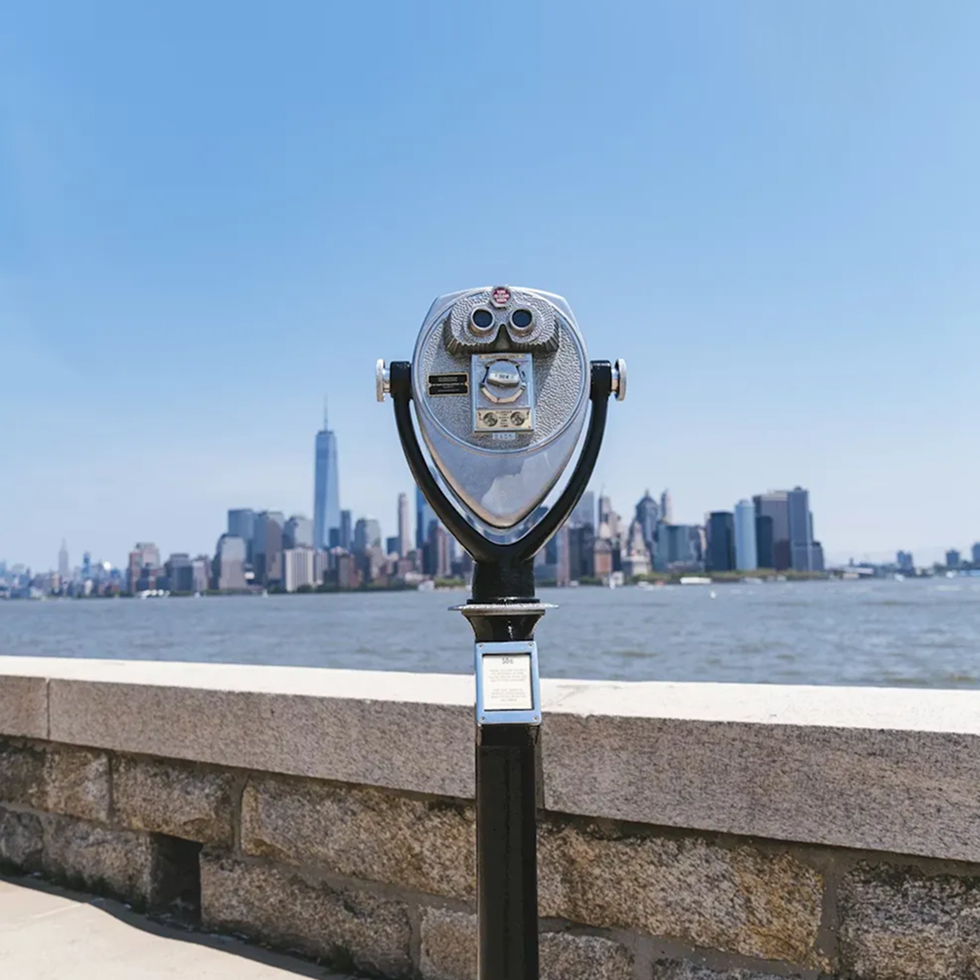




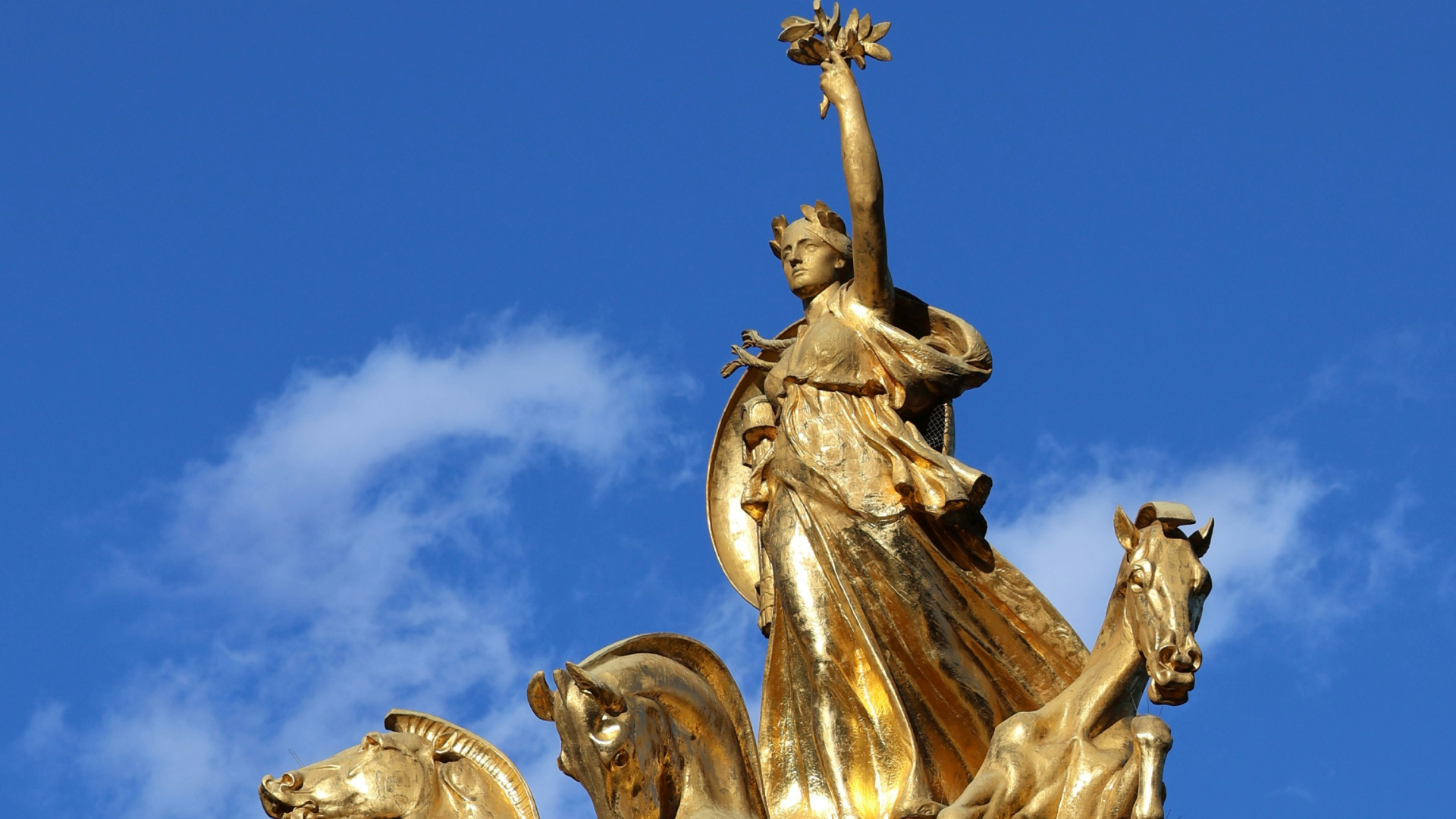
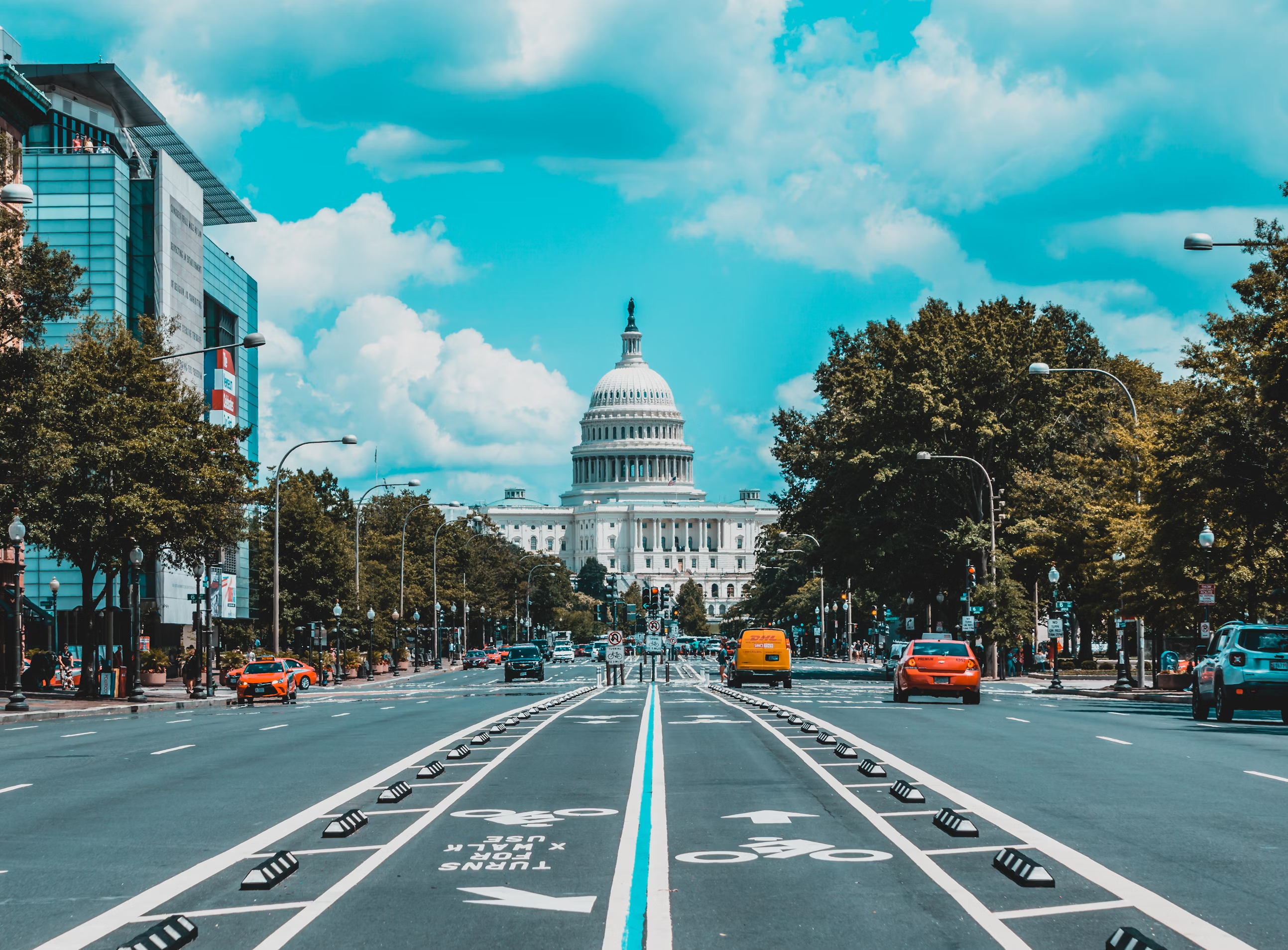


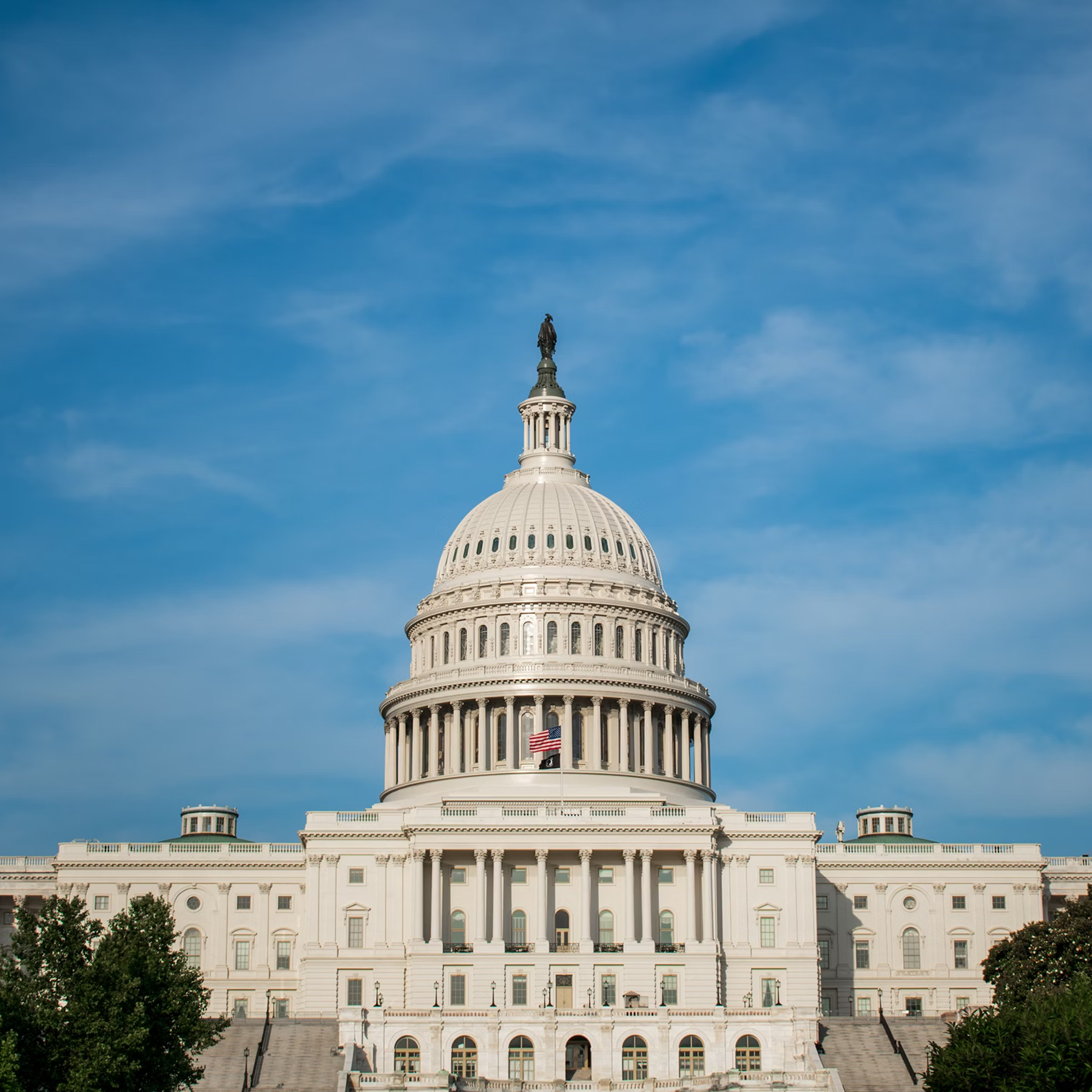


















.svg)
.svg)
.svg)





